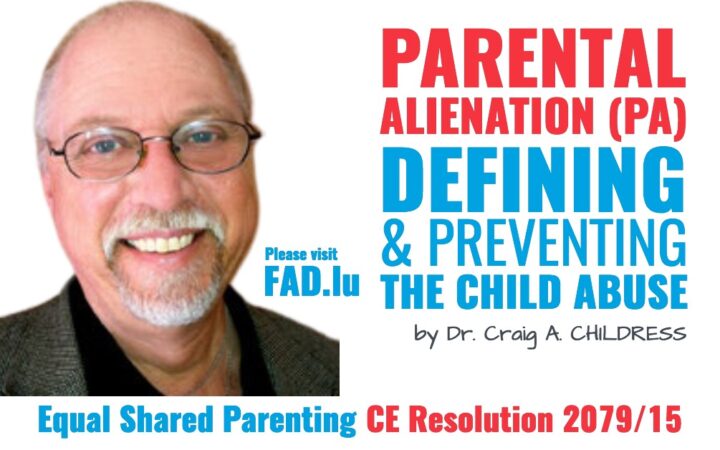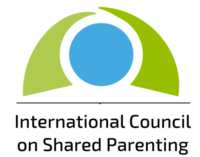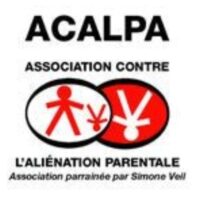Dr. Craig A. CHILDRESS – A licensed clinical psychologist specializing in child and family therapy, parent-child conflict, marital conflict, and child development. Dr. Childress has an additional background specialty in early childhood mental health involving the attachment system and the neuro-development of the brain during childhood. Prior to entering private practice, Dr. Childress served as the clinical director for a children’s assessment and treatment center operated under the auspices of California State University, San Bernardino. He also was on medical staff at Children’s Hospital of Orange County as a pediatric psychologist, where he served on a collaborative project with the UCI Child Development Center regarding the early identification of ADHD in preschool-age children. In addition to his private practice, Dr. Childress currently teaches graduate-level courses in child development, diagnosis and psychopathology, psychotherapy and treatment planning, and research methodology through the University of Phoenix. He has written extensively on an attachment-based model of parental alienation on his website (www.cachildress.org) and blog (drcraigchildressblog.com), and he has served as an expert consultant and witness in legal cases involving “parental alienation” across the United States and Canada.
Description: The lecture will describe an attachment-based model for understanding the psychological and family processes surrounding what has traditionally been referred to as “parental alienation” in high-conflict divorce. The presentation will cover the family systems origins, the contributing personality disorder factors, and the attachment-system foundations that lead to parental alienation following divorce. A set of three diagnostic indicators in the child’s symptom display will be identified that can reliably identify the presence or absence of parental alienation as the cause of the child’s rejection of a relationship with a parent. Learning Objectives: Those who attend this lecture will be able to: – Understand the family systems origins of parental alienation following divorce. – Understand how parental personality disorder dynamics create the family processes associated with parental alienation. – Understand the origins of parental alienation in disturbances to the alienating parent’s own attachment system. – Recognize and describe the three key diagnostic features of an attachment-based model of parental alienation.

















































